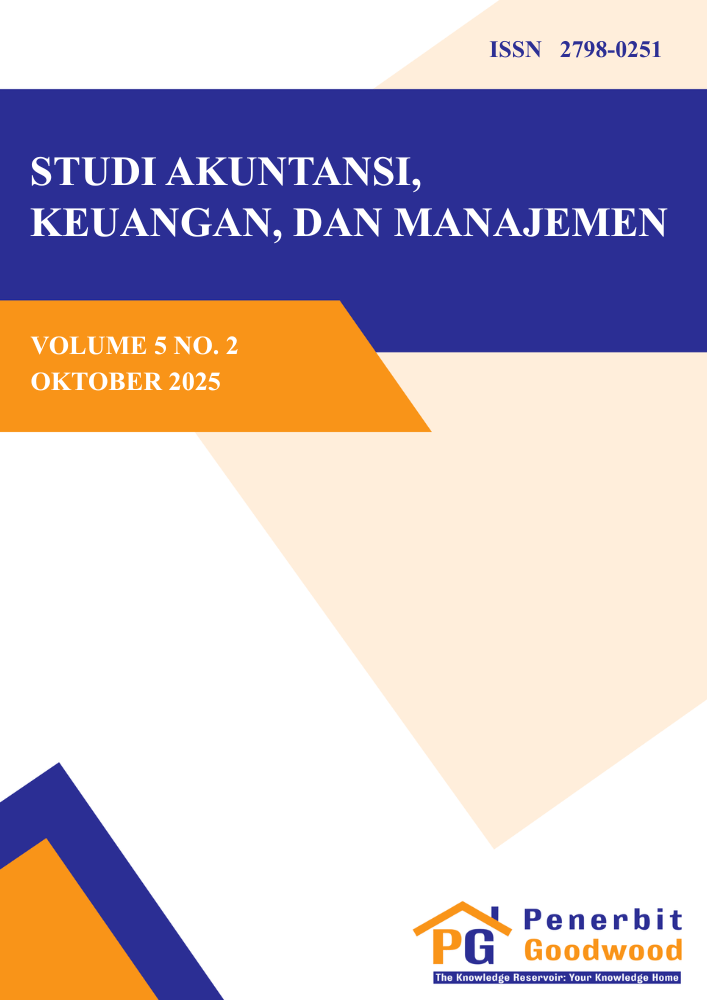Organizational Culture and Career Development on Investigators’ Work Life Quality
Abstract:
Purpose: This study aims to analyze how organizational culture and career development affect the quality of work life of assistant investigators at the Criminal Investigation Unit (Satreskrim) of the North Jakarta Metro Police.
Research Methodology: A mixed-method approach with an explanatory sequential design was applied. Quantitative data were collected through a Likert-scale questionnaire with 45 items completed by 61 assistant investigators. Data were analyzed using multiple linear regression, producing the equation ? = 5.104 + 0.999X1 + 0.367X2 + e. Instrument testing, classical assumption tests, and hypothesis testing were conducted. To deepen the findings, qualitative data were obtained through observation, interviews, and literature studies.
Results: The study found that the quality of work life had the highest mean score (4.01), followed by organizational culture (3.90) and career development (3.72). The adjusted R² of 0.850 indicates that organizational culture and career development together explain 85% of the variance in quality of work life. Organizational culture positively and significantly influences involvement and mission clarity but reveals weaknesses in digital adaptability. Career development also has a significant effect, though training access remains uneven.
Conclusions: Both organizational culture and career development significantly enhance the quality of work life of assistant investigators, with culture being slightly more dominant.
Limitations: This study was limited to one police unit and may not fully represent other contexts.
Contribution: Contribution: This research guides police institutions to enhance culture, digital readiness, and fair career development.
Downloads

This work is licensed under a Creative Commons Attribution-ShareAlike 4.0 International License.

